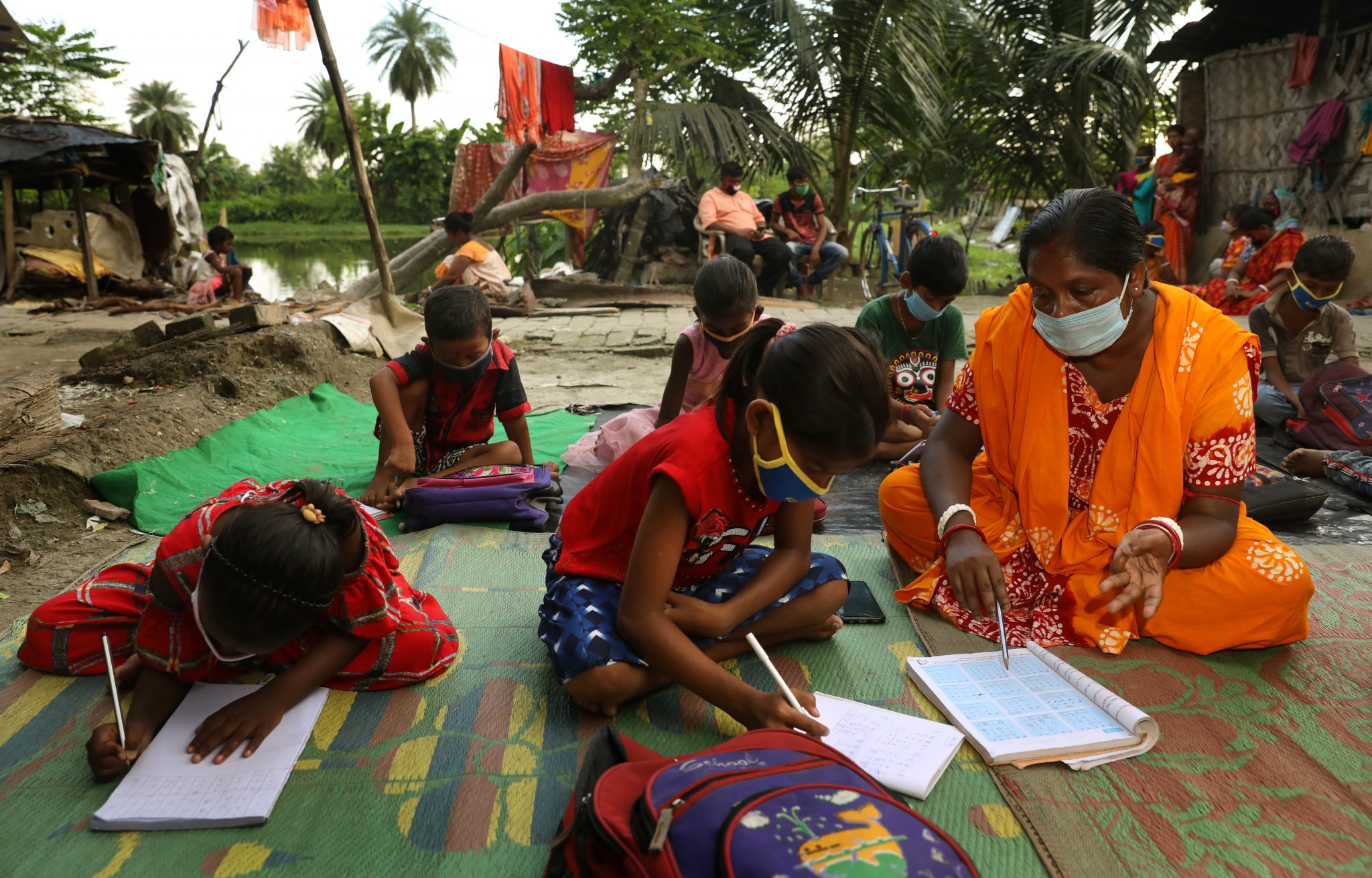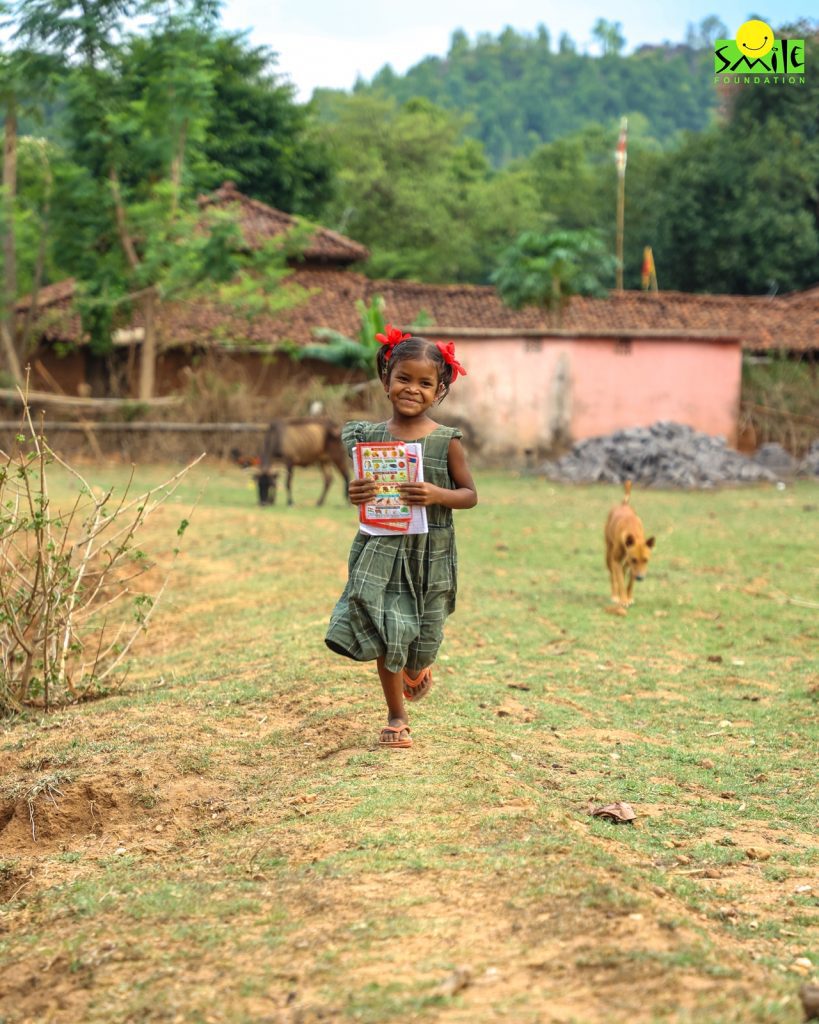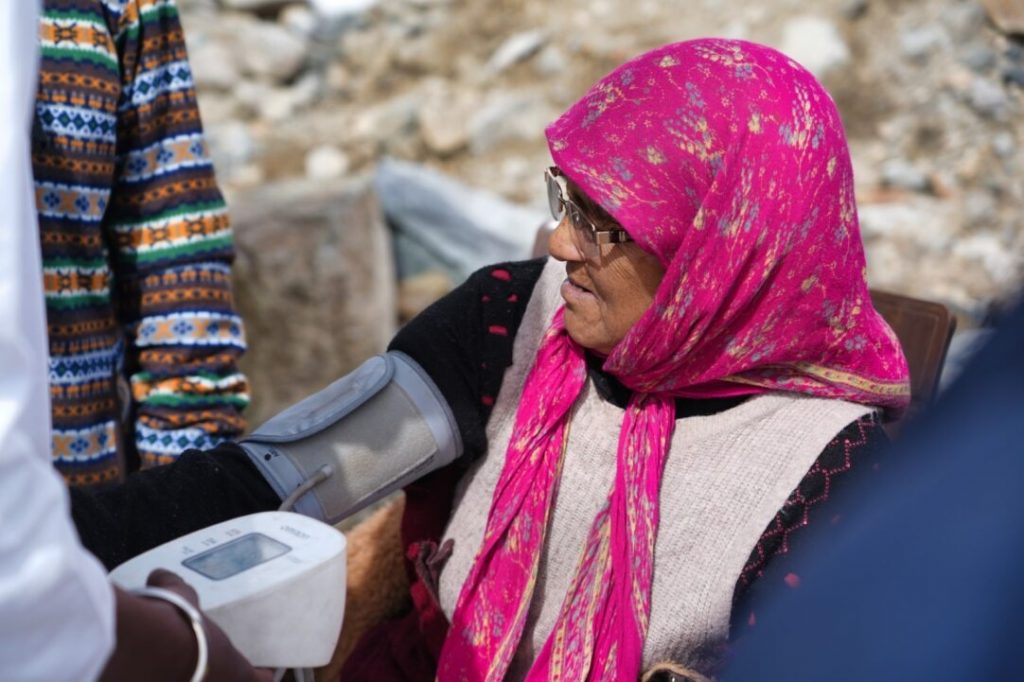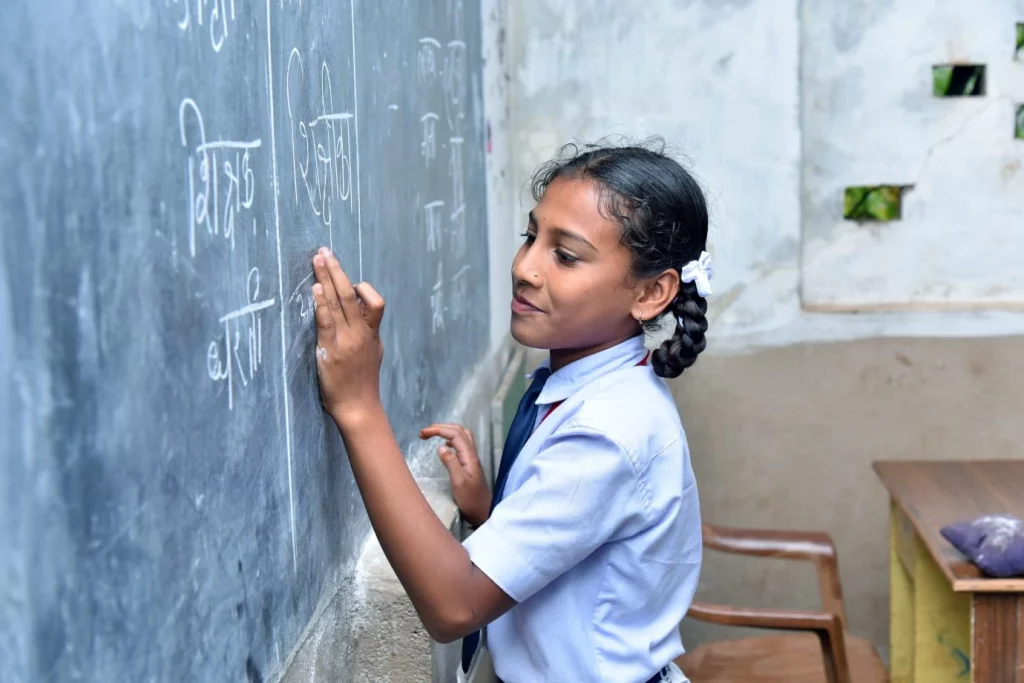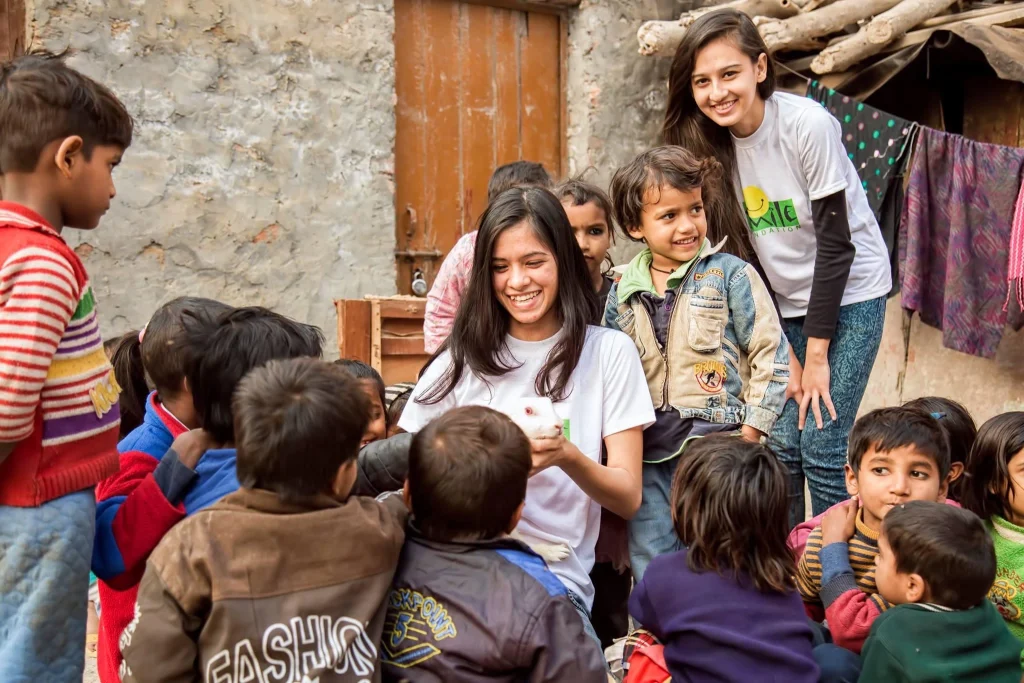“Education is a battle against poverty that everyone should fight.”
COVID-19 has impacted every human being in unexpected and unfortunate ways. The pandemic has had a significant impact on the education system affecting lakhs of schools across India. The adverse effects of the pandemic on our children are invisible and insidious, with well being and education of poor children being the worst affected.
Apart from the immediate economic impact, COVID-19 has had a long term impact in jeopardising future of our children as the pandemic and resulting lockdowns have kept them away from schools and other educational institutions for nearly two years. While there have been efforts of minimising the disruption in education through online distance learning.
Practically there have been several challenges due to lack of access to smartphones, disparities in education of poor children, urban and rural and even gender bias within families and communities. This has taught us to start investing in digital learning on accessibility and affordability with more urgency.
When we talk about the impact of the pandemic, we mostly consider things like loss of jobs, shrinking of economy, restrictions in travel and other such issues. What we often end up forgetting is how the pandemic has impacted children, whose education, well-being, healthcare and safety stand grossly compromised. Millions of children in both urban and rural pockets are at risk of not reaching their full potential because of inadequate nutrition, a lack of early stimulation, learning, and nurturing care, and exposure to stress.
Learning Crisis
Various governmental, as well as non-governmental surveys, indicate that we are currently in a learning crisis: a large proportion of students currently in elementary school – estimated to be over 5 crore in number – have not attained foundational literacy and numeracy, i.e., the ability to read and comprehend basic text and the ability to carry out basic addition and subtraction with Indian numerals.
Reverse migration & higher enrolment in govt schools
Out of the 240 million children in India aged between 0-8 years, 74%, i.e; 178 million live in rural areas. It is also found that during the pandemic, children in rural areas have moved out of private to government schools in all age groups. This was because of the shutdown of low-cost private schools, financial distress of parents, free facilities in government schools, and families migrating back to the village. Disproportionately high fees in private schools could also be stimulating this shift. If the trend holds, public schools need to be equipped with additional support, in terms of teacher-pupil ratio, classroom space and teaching-learning materials to absorb students migrating from private schools and from urban to rural areas.
Digital Divide
Children from marginalised sections faced issues such as non-availability of smartphones, non-availability of a phone for children to use and network or connectivity issues. Access to education for poor children, school dropouts and learning gaps, have always remained major challenges. Moreover, with schools and educational institutions shifting towards online learning during the pandemic, the existing digital divide in the country “exacerbated” the equity in access to education. Students in lower grade found it difficult to do online activities compared to higher-grade students. We cannot risk more disruption to education.
Way Ahead
To prevent the COVID-19 pandemic from having a life-long impact on an entire generation of children and young people, especially the most vulnerable, schools must reopen for safe in-person learning as soon as possible – and stay open. Now more than ever, we need people to step up and do what they can. Your time and input are valuable. Our children who have lost so much need all of us to come together to rebuild. So do what you can. And do it now. At this point of time, we need to try to reach out and donate for education of poor children who are suffering and bring their life in a better position in the society. Together we can save them from the illiteracy and make them educated.
We should prioritise the overall development of each child under its fold. Be it through community counsellors, online sessions or cluster classes, students are being encouraged to keep growing and learning through the lockdown. If you are an educator or someone who works in and around school systems, we urge you to familiarise yourself with evidence that will help you understand what these years have been like for our children. That is the only way to effectively create programs that will benefit students and repair some if not all of the damage caused. Visit https://donate.smilefoundationindia.org/shiksha-na-ruke to know what Smile Foundation is doing in this area.

